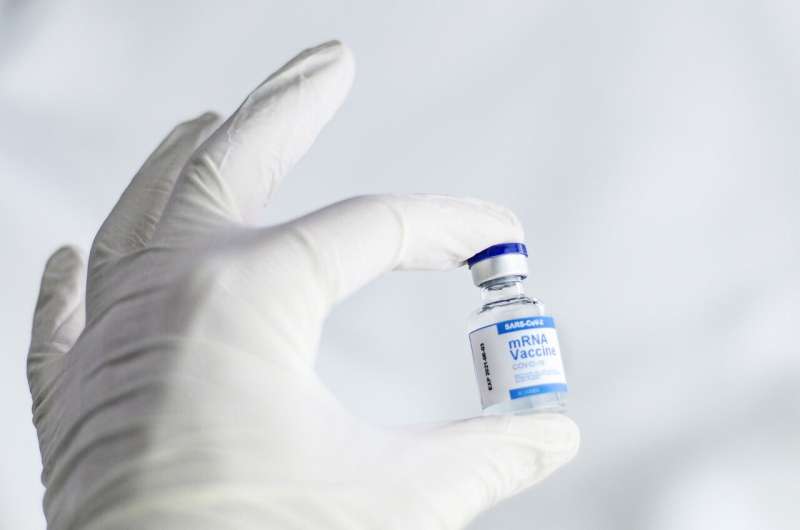New Biomarker Enables Personalized Treatment Selection in Multiple Sclerosis

A new genetic biomarker identified by researchers enables personalized treatment decisions in multiple sclerosis, improving outcomes by predicting response to glatiramer acetate versus interferon beta.
A groundbreaking study from the University of Münster has identified a genetic biomarker that can predict the most effective therapy for patients with multiple sclerosis (MS). Historically, choosing between common treatments like interferon beta and glatiramer acetate (GA) was often based on trial and error, with little guidance on which to prefer. Both options are well-established, generally well-tolerated, and carry low side-effect profiles, but their effectiveness varies among individuals.
The recent research analyzed over 3,000 MS patients across international cohorts to uncover genetic indicators influencing treatment response. The team discovered that individuals carrying the HLA-A*03:01 gene allele respond significantly better to GA compared to interferon beta. This finding provides a clear criterion to guide treatment choices, potentially improving outcomes and personalizing therapy.
In practical terms, this means that patients with the HLA-A03:01 genotype could benefit more from GA, leading to fewer symptoms and better disease management. The genetic test for this biomarker is already available and used in other medical contexts, making implementation in MS treatment decisions feasible and straightforward. Approximately 30-35% of European MS patients possess the HLA-A03:01 allele, representing a substantial portion who could have tailored treatment options.
Furthermore, the study sheds light on the mechanism behind GA's effectiveness, suggesting that only specific fragments of its protein mix are necessary to elicit therapeutic immune responses. This insight opens possibilities for developing more targeted drugs in the future.
Overall, this research marks a significant step forward in personalized medicine for MS, allowing clinicians to make more informed, genetic-based decisions that could enhance patient outcomes.
Stay Updated with Mia's Feed
Get the latest health & wellness insights delivered straight to your inbox.
Related Articles
Prompt Treatment of Rare Flu-Related Brain Complication Critical for Children, Study Highlights
A Stanford-led study reveals that rapid treatment improves survival and recovery in children with influenza-associated brain swelling, emphasizing the importance of vaccination and early intervention.
New Research Highlights How Skin Bacteria Help Protect Against Sun Damage
Discover how your skin's microbiome can naturally protect against sun damage by metabolizing UV-induced molecules, offering new insights into skin immunity and sun protection.
RFK Jr. Claims 'Everybody Can Get' a COVID-19 Vaccine: Fact-Check
RFK Jr. asserts that 'everybody can get' the COVID-19 vaccine, but the reality involves regulatory, logistical, and coverage barriers that limit access for many. Read our fact-checking analysis.



